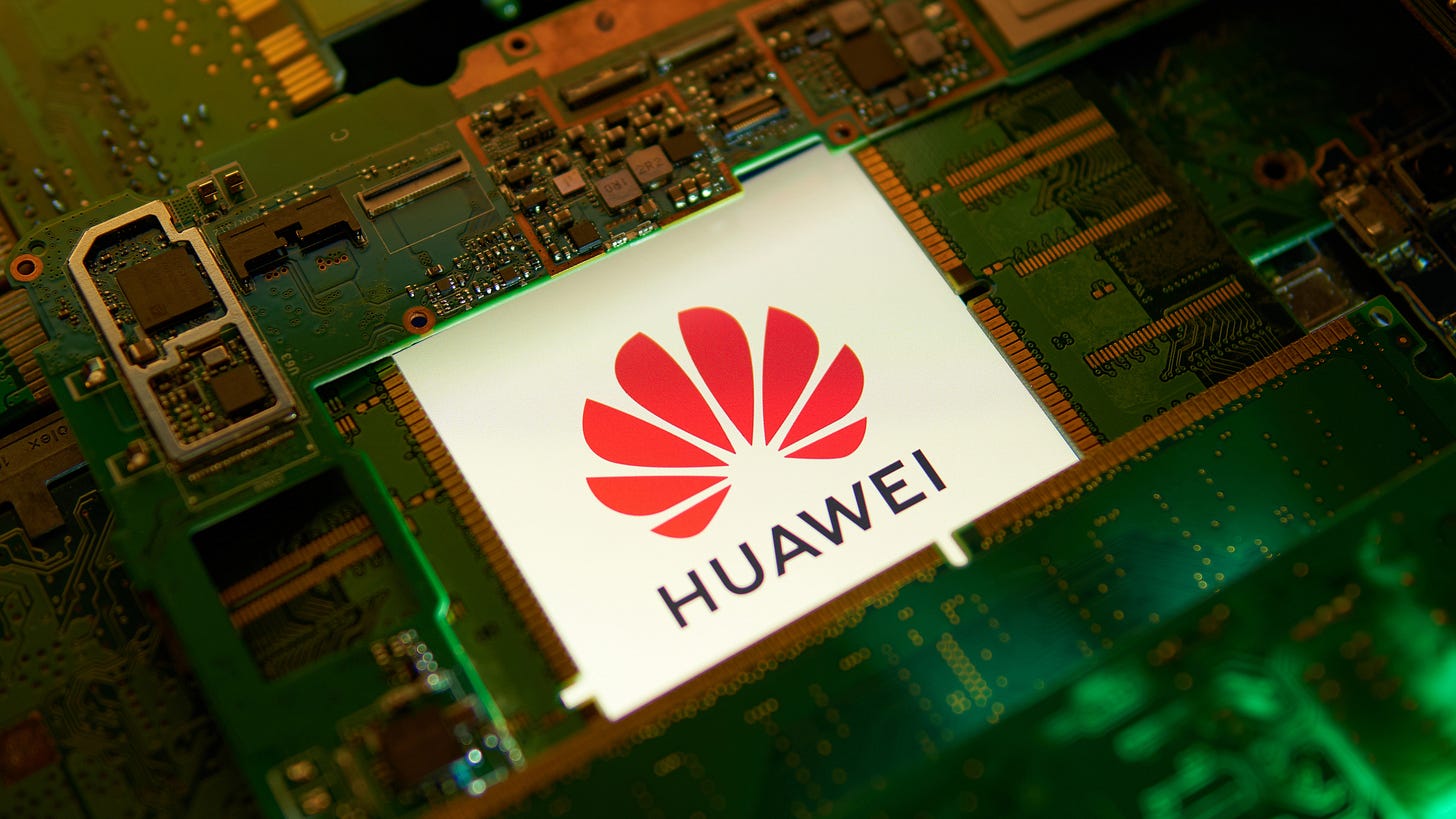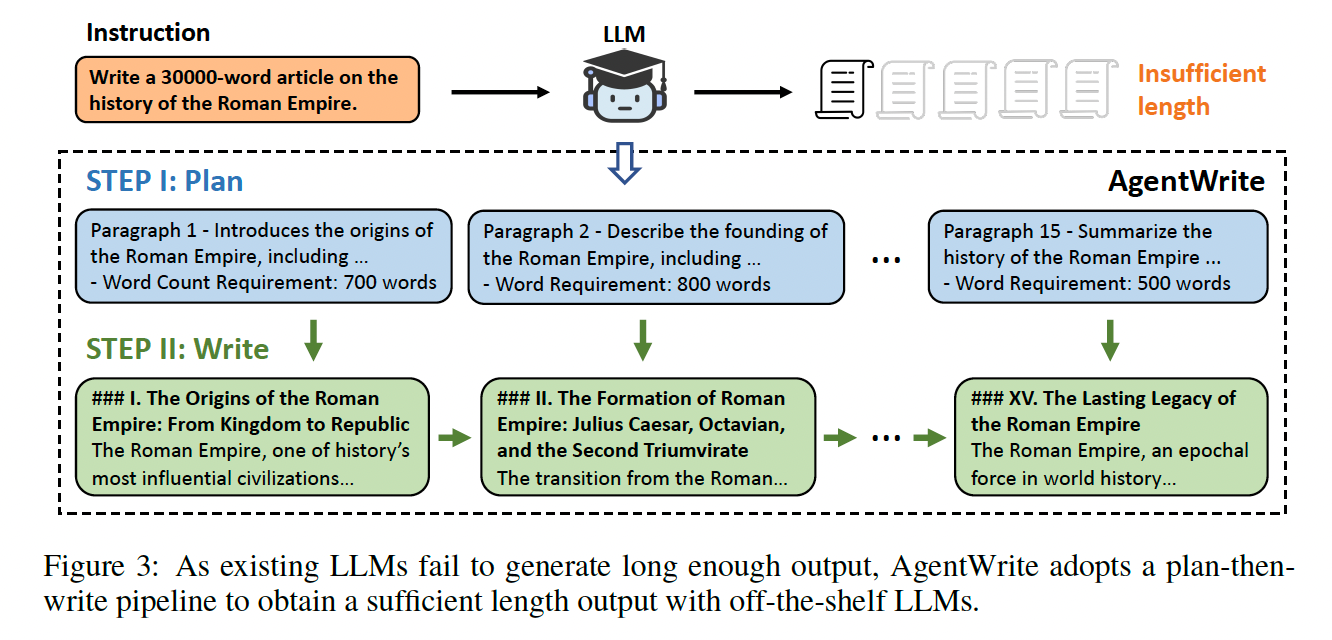🧐Huawei's New Chip Ascend 910C, AI-Generated Memoir for Hong Kong’s Ultra-Wealthy, and AI Search Startup Faces Legal Threat
Weekly China AI News from August 12, 2024 to August 18, 2024
Hi, this is Tony! Welcome to this week’s issue of Recode China AI, a newsletter for China’s trending AI news and papers.
Three things to know
Huawei is set to launch the Ascend 910C AI chip, aiming to rival Nvidia.
A Chinese entrepreneur is charging ~$140,000 to create AI-generated memoirs and digital avatars for Hong Kong's elite.
AI search startup Meta Sota (秘塔) faces legal action from China’s top academic database CNKI.
Huawei to Introduce its Latest AI Chip Ascend 910C
What’s New: Huawei is preparing to introduce its latest AI chip, the Ascend 910C, in a move to compete with Nvidia amidst ongoing U.S. sanctions, Wall Street Journal reported.
Huawei told potential Chinese clients that Ascend 910C can rival Nvidia’s H100, one of the most powerful GPUs on the market. However, the specific nanometer info and performance for the 910C have not yet been disclosed.
Orders could exceed 70,000 units, valued at around $2 billion. Shipments could begin as early as October, though production delays are possible due to supply chain challenges exacerbated by U.S. restrictions.
How It Works: The Ascend 910C is designed to fill the gap left by Nvidia’s H100, which is unavailable in China due to U.S. export controls. Huawei’s chip is seen as a domestic alternative, especially as Nvidia works on the B20, a new downgraded version of Nvidia’s most powerful B200 GPU for the Chinese market.
However, the B20 may face hurdles in gaining U.S. approval as Washington is reportedly considering an expansion of export controls, potentially leaving the door open for Huawei to gain ground. Plus, a SemiAnalysis analyst told The Journal that 910C could perform better than B20.
Despite these efforts, Huawei still faces challenges including delays in the production of its existing chips and the looming threat of further U.S. restrictions that could impact its supply of essential components, including the high-bandwidth memory chip (HBM). Huawei has reportedly started stockpiling HBM in response to potential U.S. curbs on China’s access to such chips.
Even though Huawei’s 910C can outperform B20 and catch up with H100, its gap against Nvidia in terms of software ecosystem (CUDA) and chip-to-chip will affect the performance when tens of thousands of chips are connected. There is a rumor that 910C will be released along with Huawei’s proprietary NVSwitch, a chip that connects multiple GPUs for communications and bandwidth.
Why It Matters: If Nvidia’s B20 encounters approval issues or fails to meet performance expectations, Huawei could capture significant market share in China. This development is pivotal for China’s broader push to reduce dependence on U.S. technology, particularly in the face of escalating tech sanctions.
AI-Generated Memoir Appeal to Hong Kong's Ultra-Wealthy
What’s New: An 80-year-old professor wanted to preserve his life stories for his children. A successful businessman sought to restore his Jia Pu (a record of a clan’s history and lineage). A master of metaphysics and fengshui wished to pass on his rare knowledge. All three turned to AI.
A Chinese entrepreneur named Frank launched a venture called 意识永藏(Eternal Consciousness), using AI to build a “personal memory museum.” Targeting Hong Kong’s high-net-worth individuals, Frank’s service taps into a profound emotional need: the desire to capture and preserve personal and family histories. (You can find the full podcast episode here, which sparked heated discussion last week.)
The Price of Immortality: Frank’s service doesn’t come cheap. Each session is priced at RMB 1 million (~$140,000), with additional fees for ongoing maintenance and updates. Despite the high cost, demand is robust—Frank’s company already has 14 clients in one year. Looking ahead, Frank aims to offer a comprehensive 10-year package, priced at RMB 2 million (~$280,000).
How It Works: Unlike traditional biographical or genealogical services that focus primarily on written records, Frank’s AI-driven approach brings memories to life through advanced AI.
The process begins with information collection, which includes eight in-person interviews where clients’ stories and personal details are documented. In addition, clients are asked to answer 268 questions at their convenience, allowing them to narrate their memories in their own words. AI tools then transcribe and organize this data.
The end delivery is a deeply personalized memory library, along with a small language model trained on the client’s data, a digital replica, and a personalized memoir—a dynamic, AI-generated life story that can also adapt and grow with additional updates.
Why It Matters: Frank’s venture is a reflection of a broader trend where technology intersects with humanity’s deepest desires—to be remembered, to pass on knowledge, and, in a sense, to achieve a form of immortality. In a world where the wealthy are often looking for ways to extend their legacies, Frank’s service provides a unique solution.
Similar services include Re:memory by Korea-based Deepbrain AI, which creates video avatars that can interact with family members, and US-based HereAfter AI, which offers audio chatbots mimicking the personalities of the departed. In China, a couple of companies are using generative AI to create digital avatars of deceased loved ones.
This trend also raises ethical questions. Who owns the digital avatars if someone passes away? How do we protect the privacy of the deceased’s data? And what are the potential psychological impacts on the bereaved, who might become overly attached to these digital representations?
Chinese AI Search Metaso Hit with Legal Threat from Top Academic Database
What’s New: Last week, Chinese AI search startup Meta Sota (秘塔) is facing a legal challenge after receiving a 28-page infringement notice from China National Knowledge Infrastructure (CNKI), the country’s largest academic database. CNKI alleges that Meta Sota’s AI-powered search engine, Metaso, illegally accesses its academic literature summaries and citation data without permission. The notice demands that Metaso immediately remove all links to CNKI’s site, though it suggested a potential commercial partnership if Metaso wishes to continue using CNKI’s data.
This legal dispute has sparked debate in China’s tech and academic communities, as CNKI has a history of controversy over its pricing and restrictive access policies. The latest move by CNKI raises concerns about the future of academic accessibility in an era increasingly influenced by AI-driven tools.
Who is Meta Sota: Founded in 2018 and based in Shanghai, Meta Sota focuses on AI search engines and writing assistance. The company attracted investment from Ant Group, which led a recent funding round that valued it at ~$150 million. Its AI search engine Metaso has accumulated over 25 million visits year-to-date, with 7.68 million visits recorded in July alone. The search engine is part of Meta Sota’s broader suite of applications, which also includes AI lawyers.
Tell Me More: Similar to Perplexity, Metaso answers questions by searching the Internt in real time and gather insight from multiple sources. Each answer includes numbered footnotes linking to the original sources.
One of Metaso’s standout features was allowing users to hover over citation references to view the title and abstract of related papers (shown below) —a function CNKI claims violates its intellectual property rights.
In response to the legal notice, Metaso has removed all data linked to CNKI and is now focusing on integrating information from other reputable Chinese and international academic databases. However, the company Meta Sota argued that its approach is consistent with academic norms, where abstracts and citations are considered independent and should be freely accessible.
Why It Matters: The legal battle between CNKI and Metaso highlights the ongoing tension between publishers and AI search engines. Publishers are worried that AI search engines, such as those developed by Perplexity and Google, generate summaries and answers directly from content, which would inevitably reduce the need for users to click through to original publisher sites. This can lead to a drop in traffic and, consequently, advertising revenue for publishers. Publishers are also concerned about the use of their content by AI models without adequate compensation.
Weekly News Roundup
In response to the amusing failures of AI-generated videos, Chinese users on platforms like Douyin and Bilibili have started a trend of mocking these imperfections by staging their own, physically impossible transformations in videos. (Ars Technica)
Kuaishou Technology has released a new AI chatbot called "Feichuan" (Kraft), which offers conversational interaction enhanced by personalized characters. (Weibo)
Kunlun Tech launched Melodio, an AI-powered music streaming service, and Mureka, an AI music creation platform. Both platforms are built on its SkyMusic 2.0 AI music generator to offer personalized music experiences, as well as empowering artists to create and monetize AI-generated music. (Musicbusinessworldwide)
Trending Research
Researchers from DeepSeek introduce DeepSeek-Prover-V1.5, an advanced language model tailored for theorem proving in the Lean 4 environment. This model is a successor to DeepSeek-Prover-V1 but improves on both training and inference. Innovations include optimization through a novel Reinforcement Learning from Proof Assistant Feedback (RLPAF) approach, and RMaxTS, a new variant of Monte-Carlo tree search, which employs intrinsic rewards to explore diverse proof paths. DeepSeek-Prover-V1.5 achieved SOTA results on the miniF2F and ProofNet benchmarks.
LongWriter: Unleashing 10,000+ Word Generation from Long Context LLMs
Researchers from Tsinghua University and Zhipu AI present LongWriter, which enables existing LLMs like GPT-4 and Llama 3 to produce coherent content of up to 20,000 words. They develop AgentWrite, a pipeline that breaks down ultra-long generation tasks into manageable subtasks. They also created a dataset called LongWriter-6k and a new benchmark for evaluating ultra-long text generation, called LongBench-Write.








is this 910c chip better suited for training or reasoning?